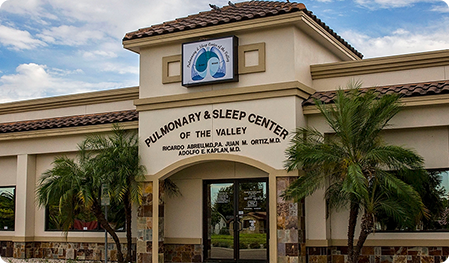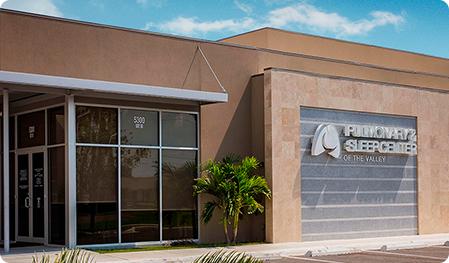Circadian Rhythm
Disorders
Circadian rhythms help to control when individuals feel awake and when they feel sleepy. Disruptions in these rhythms can lead to significant sleep issues and daytime sleepiness great enough to interfere with work, school, and relationships.
There are several types of circadian rhythm disorders from which patients may suffer. In Delayed Sleep-Wake Phase Disorder, a significant delay in the phase of the major sleep episode in relation to the desired or required sleep time and wake-up time manifests. The afflicted individual generally does not feel sleepy until the early morning hours and prefers sleeping until the late morning or early afternoon. Adolescents are particularly afflicted with this sleep complaint/pattern.
In Advanced Sleep-Wake Phase Disorder, individuals feel tired and sleepy early in the evening and generally have their final awakenings in the early morning. The likelihood of this pattern increases with increasing age. Other Circadian Rhythm Sleep-Wake Disorders include Non-24 Hour Sleep-Wake Rhythm Disorder, Shift Work Disorder, Jet-Lag Disorder, and Irregular Sleep-Wake Rhythm Disorder.










